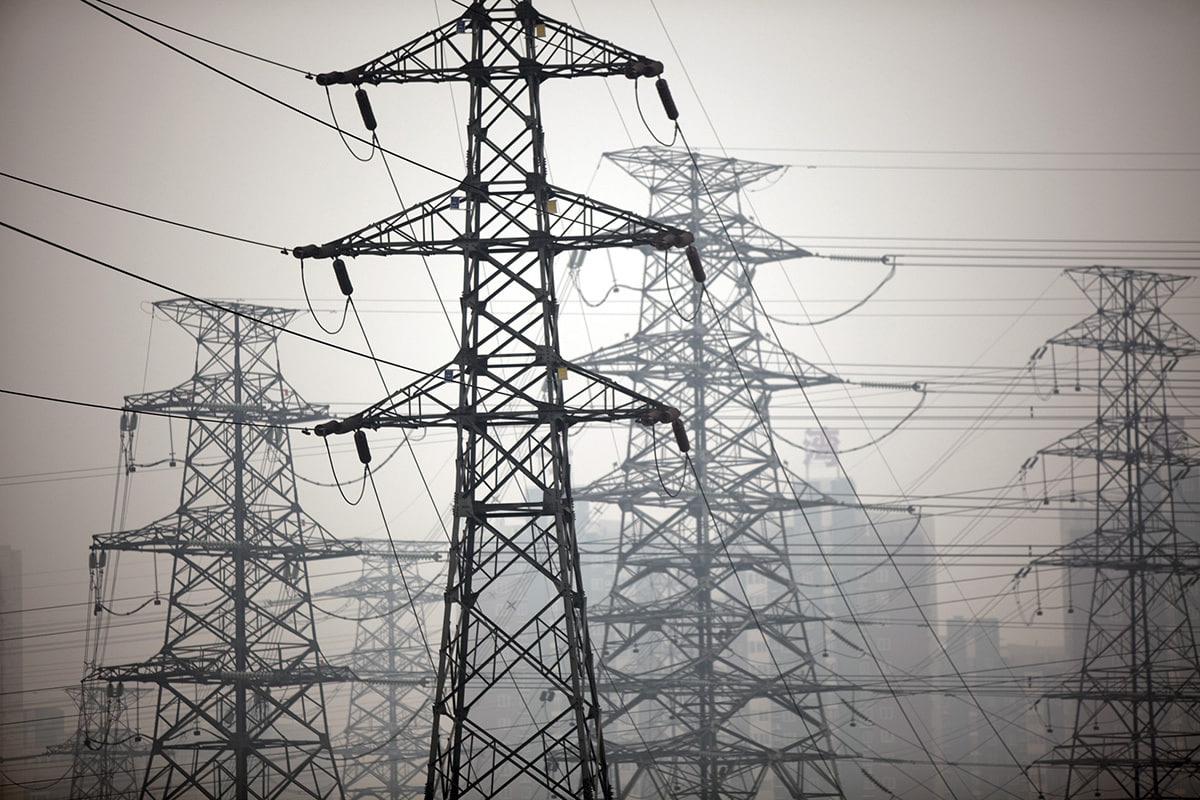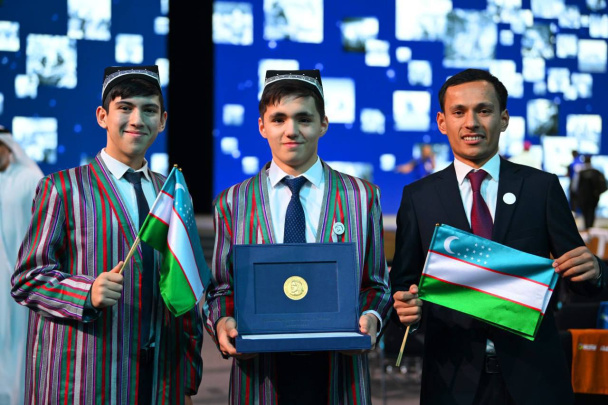The Central Asian Trade and Investment Energy Forum 2023, held in London on March 2-3, brought together representatives of the governments of Kazakhstan, Kyrgyzstan, Tajikistan and Uzbekistan, international financial institutions and the business community. The participants discussed interrelated issues of energy security, decarbonization and economic growth, the WB press service reported.
The forum was jointly organized by the governments of the CA countries, the government of the United Kingdom of Great Britain and Northern Ireland and the World Bank. The goals of the forum are to develop more efficient mechanisms for regional electricity trading and identify coordinated actions to improve regional cooperation and ensure the transition to a carbon neutral economy.
It is noted that the CA countries have significant reserves of natural resources and the necessary experience to achieve sustainable energy security through the transition to clean energy sources. The governments of the countries of the region recognize the need for urgent measures to promote cooperation, trade and investment in the energy sector. Reforms are already under way in many Central Asian countries to promote greater use of renewable energy sources.
“Last winter, one of the coldest in recent decades in Central Asia, once again demonstrated the urgent need to strengthen the energy security of the countries of the region,” Tatyana Proskuryakova, WB Regional Director for Central Asia, said.
The creation of a regional electricity market based on diversified generation sources will promote stable energy supplies and decarbonization, stimulate the growth of a “green” economy in the region as a whole, and help create new jobs. These efforts will help Central Asia achieve upper-middle income status in the medium term.
Also, during the forum, representatives of the Central Asian countries informed potential private investors and international financial institutions about the investment opportunities and needs of the region in the energy sector. By 2030, it is estimated that Central Asia will need about $20 billion in investments in the energy sector, including solar, wind and hydropower, as well as in the modernization of national and regional power grids, which will improve network connectivity and opportunities for regional trade.
“By creating favorable investment conditions, the countries of Central Asia will be able to attract significant financing for energy development to become the engine of green economic growth,” Charles Cormier, WB Director for Infrastructure for Europe and Central Asia, said.
In order to attract investors and reduce the overall costs of switching to clean energy sources, each country needs to accelerate reforms aimed at expanding the use of renewable energy sources and building investor confidence in the reliability of electricity trade between countries. To meet these challenges, the countries of the region will need to improve the governance and transparency of the energy sector, ensure its financial viability while maintaining the availability of services for vulnerable populations, expand the volume of regional electricity trade, and ensure the financially efficient development of energy systems in the region.
The forum was supported by the Central Asia Water and Energy Program (CAWEP), a regional partnership for knowledge and technical assistance. The program is implemented by the World Bank with the financial assistance of the EU, Switzerland and the UK.






